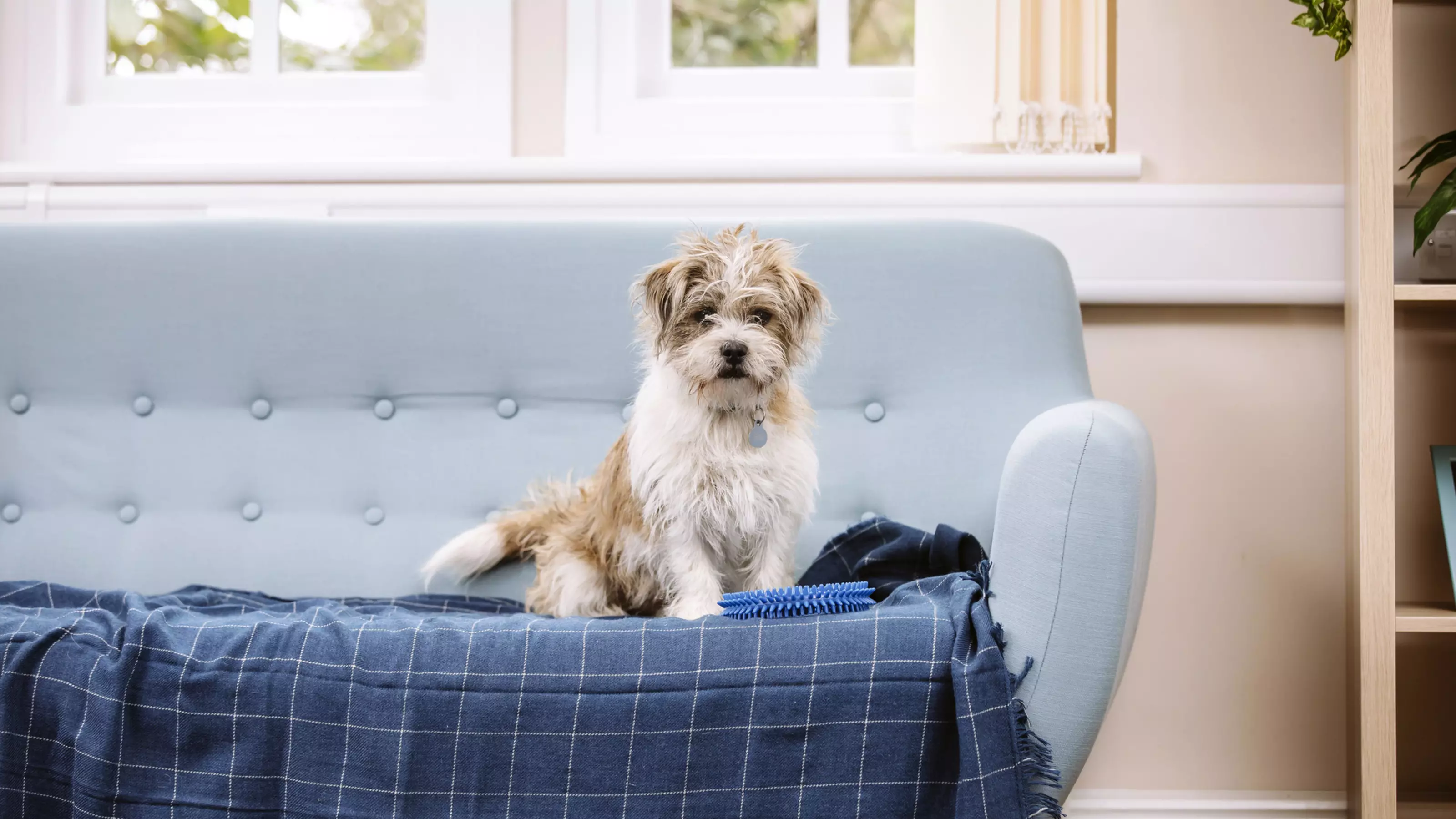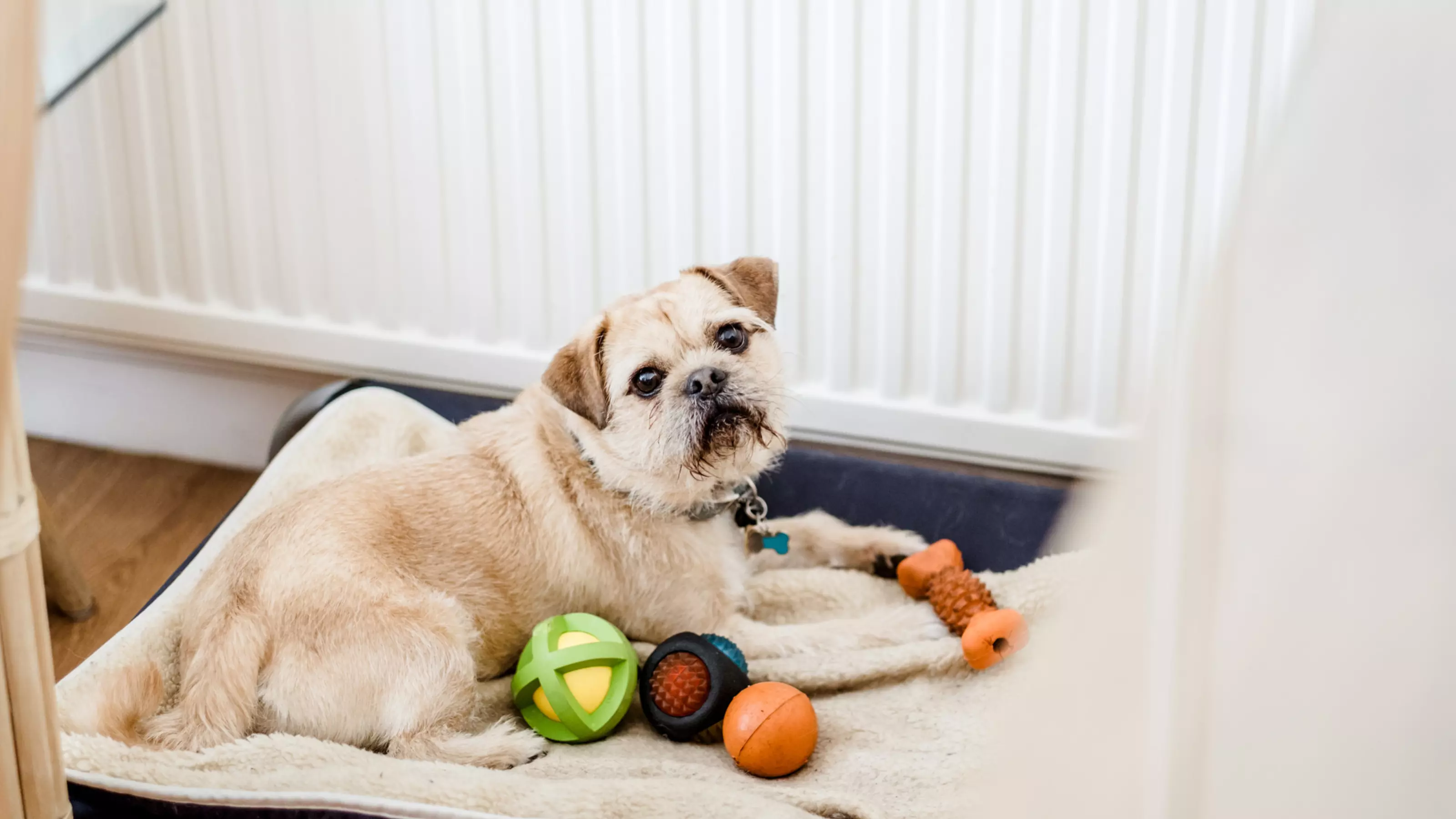
Boarding kennel advice and alternatives
Trusting someone to look after your dog while you are away on holiday can be tough, but you’ll have peace of mind if you do your research first. That way, you can decide which option is best for your pet.
Leaving your dog with family or friends
Leaving your four-legged friend with a trusted member of the family or a friend can be ideal. Your dog will have already met them which will make for an easier transition and give you piece of mind that they’ll be in safe hands.
Will your dog stay with your friend or family in their home or will they come to your house to look after your pet?
If your dog will be staying in another house with your family or friends then think about the following:
- Do they have another dog? If so, does your dog get on with them?
- Do they have other pets and if they do, has your dog met them before with a positive interaction?
- Are there children in the household and is your dog happy around them?
- Do they have a garden? If not, are they prepared to walk your dog more regularly to allow for toilet breaks?
- If they have a garden, is it secure with high fences so that your dog can’t escape?
- Is your dog likely to settle well in the area your friend/family lives in? If your dog is used to the quiet of the countryside, they might find the hustle and bustle of a city a bit stressful.
Leaving your dog with a pet sitter
Pet sitters are people who live in your home during the time you’re away and look after your dog in your own home for a fee. It’s a good alternative if you're don't have friends and family who can help out.
Employing a pet sitter has the added benefit of keeping your pet in their own home so they will be comfortable in their familiar environment.
How to find a good pet sitter
- Ask your local dog walking or community group for recommendations
- Meet potential sitters before you book to see how they get on with and interact with your dog
- Make sure they are insured and DBS checked. Pet sitters don’t need a licence to work, but reputable ones will be able to show you training and insurance certificates.
- Check reviews online from independent review sites. You can also ask for existing client details to check on their experiences.

Leaving your dog with a home boarder
Home boarders are people who take pets into their own homes and look after them within the home (for people who look after dogs in kennels at their own homes, see boarding kennels below). This is different from a pet sitter, who looks after dogs in the dog’s own home.
How to find a good home boarder
- A genuine love of dogs shines through when you meet. Meeting your potential home boarder once or twice at a neutral location such as a favourite dog walking spot will allow you to see how they are around your dog, and your dog is around them.
- Their home is set up to care for dogs. Check their home is dog-proof with no obvious dangers like exposed wires and cables lying about, toxic substances are locked away, and garden fences are secure.
- Your dog is invited round for a short trial period to get to know their temporary home and meet the family – including any children and pets – they’ll be staying with
- They can show you reviews and are happy for you to contact other happy customers for recommendations and references
- They know what to do and who to contact in an emergency or if your dog gets injured or ill
- You can easily find and view their licence to home board dogs from the local council (licensing has been a legal requirement for home boarders since October 2018) and other necessary paperwork such as insurance details and any relevant training, eg dog first aid
Leaving your dog at boarding kennels
Kennels are an option for your dog when you’re away, but this will depend on whether your dog is comfortable with being in a kennel environment.
Many dogs find kennels isolating and if your dog hates being left alone, leaving them in a home environment where they can enjoy the company of people will be best for them.
How to find a dog boarding kennel
- Good places book up fast, so start your search in plenty of time
- Get a personal recommendation if possible, and check the kennel is licensed by the local authority
- Ask if you can visit before you book to view the kennels
- A good kennel will ask for you to bring your dog along for a visit so they can get used to the environment that they’ll be in
- Check the living area is warm, secure, clean and dry, with plenty of comfortable areas
- Ensure the location is not prone to flooding
- Dogs who don’t know each other should not be able to make nose, paw or eye contact – other dogs staring at them can be stressful
- A good kennel will ask lots of questions about your pet, including diet, to help keep to their routine
- Where will your dog be exercised? Check the exercise area is safe and appropriate for your dog.
- Kennels should insist that dogs are up to date with vaccinations or that you have an up to date titer test certificate from your vet (a test which determines the immunity your pet has to different diseases so that you can make the decision on whether or not to vaccinate them)
- Ask about insurance cover and what the procedure is for contacting a vet and you, in case of a veterinary emergency
- Find out how many staff there are per animal
- It’s a good idea to add the kennel’s name, address and number to your dog’s microchip along with the dates they are in their care, in case they go missing while you are away. Check with your dog’s microchip database to see if this is possible.





